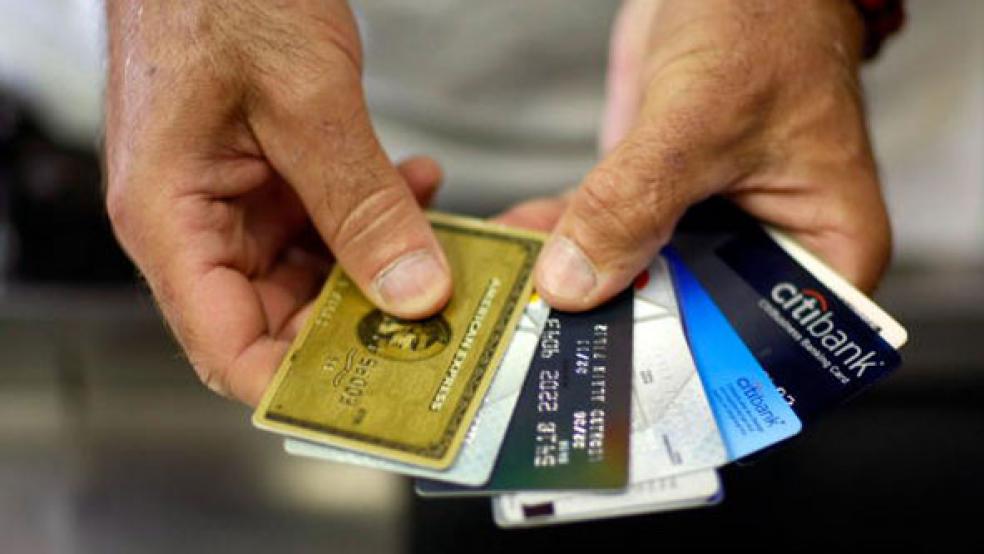Using plastic to pay for a cup of coffee or a magazine is becoming increasingly common in the U.S.
A new study from CreditCards.com found that the percentage of card holders who use debit cards for purchases under $5 hit 27 percent in 2016, a jump from 22 percent in 2014. The percentage of consumers using cash for small transactions fell 7 points to 58 percent. The rate at which credit cards were used remained steady at 11 percent.
Related: 12 Best Credit Cards for Travelers
The preference for plastic is especially common among millennials, aged 18 and 29. The report found that 46 percent of millennials use debit cards for small purchases, while 18 percent prefer credit. Of those between the ages 30 and 49, 36 percent use debit cards and 13 percent prefer credit. People between the ages of 50 and 64 use debit cards 21 percent of the time, with credit cards at 7 percent.
Matt Schulz, an analyst at CreditCards.com, attributes the generational difference to a matter of convenience and an acceptance of new technology. He expects the trend to accelerate over time as “people begin to pay more through their phones and other such devices.”
But as debit cards become more common, consumers should familiarize themselves with the risks attached to them. The biggest liability is that debit cards have much weaker fraud protections than credit cards, according to NerdWallet’s credit card expert, Sean McQuay.
If your credit card number is stolen, you won’t be held accountable for any purchases made. If your physical credit card is stolen, your card issuer can hold you responsible for up to $50, though they don't always ask you to pay. And if you report the card stolen before it gets used, you should be off the hook entirely.
Related: Your Credit Score: What It Is and Why It’s So Important
And because you don’t have to pay off a credit card bill for 30 days, “it’s never actually money out of your pocket,” McQuay says.
By contrast, people who have their debit cards stolen are responsible for proving that a fraudulent transaction occurred. Even though you may be reimbursed for some or all of the money you lose, “in the meantime, you’re on the hook to make up the difference,” McQuay says.
Another disadvantage of debit cards is that users miss out on credit card rewards and building up a credit history.
But if you do insist on using a debit card, McQuay offers some tips for protecting yourself. One way is to create separate checking and savings accounts and only put a small amount of money in the checking account linked to your debit card. If thieves steal your debit card, they won’t have access to the money in the savings account.
Related: States with the Highest and Lowest Credit Scores
Another option is to use a prepaid debit card. If you only want to spend $200 a week, for example, you can load that amount on the card each week. If a thief gets his hands on the card, the potential loss is limited.
And finally, McQuay suggests avoiding overdraft protection because that will limit the amount a thief can get from your checking account. If someone tries to withdraw more money than what’s available, they will be denied.





